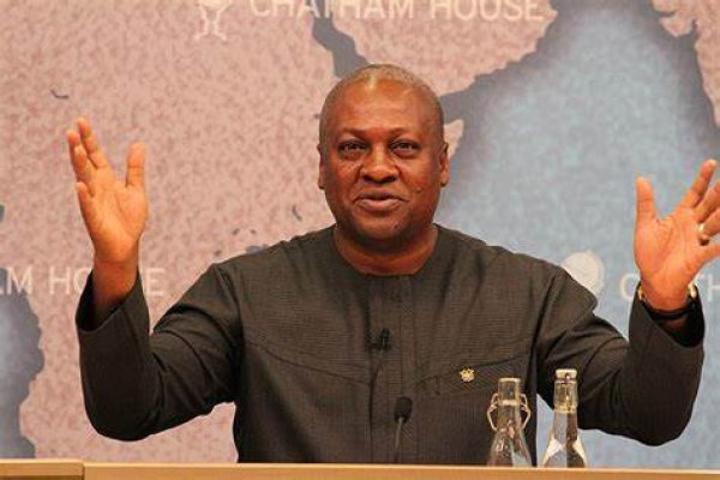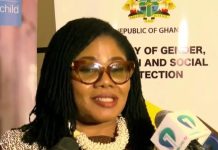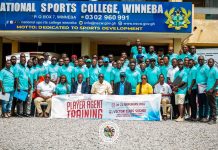Africa-Press – Ghana. Mr Sulemana Braimah, Executive Director, Media Foundation for West Africa (MFWA), has appealed to the Media to be agents of change by intervening and exposing corruption through the work.
Describing the media as a watchdog and the fourth estate of the realm, he said the media were expected to be at the forefront of the crusade for transparency, accountability, and good governance.
He made the remarks at the “MFWA’s Next Generation Investigative Journalism fellowship” programme in Accra, organised to recognise and award 10 young, promising future Ghanaian journalists. The programme was funded by DW Akademie.
This followed the completion of a five-month training and mentorship fellowship under the Media Foundation for West Africa’s (MFWA) “Next Generation Investigative Journalism (NGIJ).”
He however noted that there were some challenges that had over the years impeded the capacity of the media to give transparent reportage and accountability.
“These challenges include corruption in the media. And here I am talking about the situation where some journalists and media managers and owners are often compromised by the same authorities and institutions that they are supposed to hold to account.
“There is also the problem of low capacity among journalists. A lot of media houses, nearly all I should say, have resource limitations that constrain their ability to hire and retain the best journalists. There is partisanship in the media, and above all, there is repression and abuse of critical journalists by state and non-state actors,” he said.
Mr Joseph Whittal, the Commissioner, Commission on Human Rights and Administrative Justice (CHRAG), who chaired the programme, in an interview with the Ghana News Agency (GNA) said, journalists should inculcate the habit of providing evidence to their complaints to the Commission.
“What the critical journalist would do to go beyond the newspaper, look for evidence, add those evidence, send it to the commission and indicate, “look we have this information. This is some of the evidence. We want you to investigate and get to the bottom of this. That helps us as a state institution. It gives us directions as to where to go. It will be helpful if critical journalists do go beyond a complaint but also have the evidence,” he said.
He said the commission is ready and willing to work with the 10 young investigative journalists selected last October, who went through a five-month fellowship at the Media Foundation for West Africa (MFWA).
Madam Deborah Pokua Bempah, one of the 10 young journalists in an interview with GNA, said she had always had a passion to do developmental stories and solution-based journalism.
She said the fellowship was the right avenue to delve into issues with the provision of facts. Madam Pokua said she is motivated to speak for the voiceless and fight for the weak in society with her acquired skill from the fellowship.
“My passion is to see development and society, to see the minority groups, the physically challenged, children whose rights are being abused, people who do not have access to simple things like education. Help people in places where nobody may ever hear of them.” GNA.
For More News And Analysis About Ghana Follow Africa-Press







